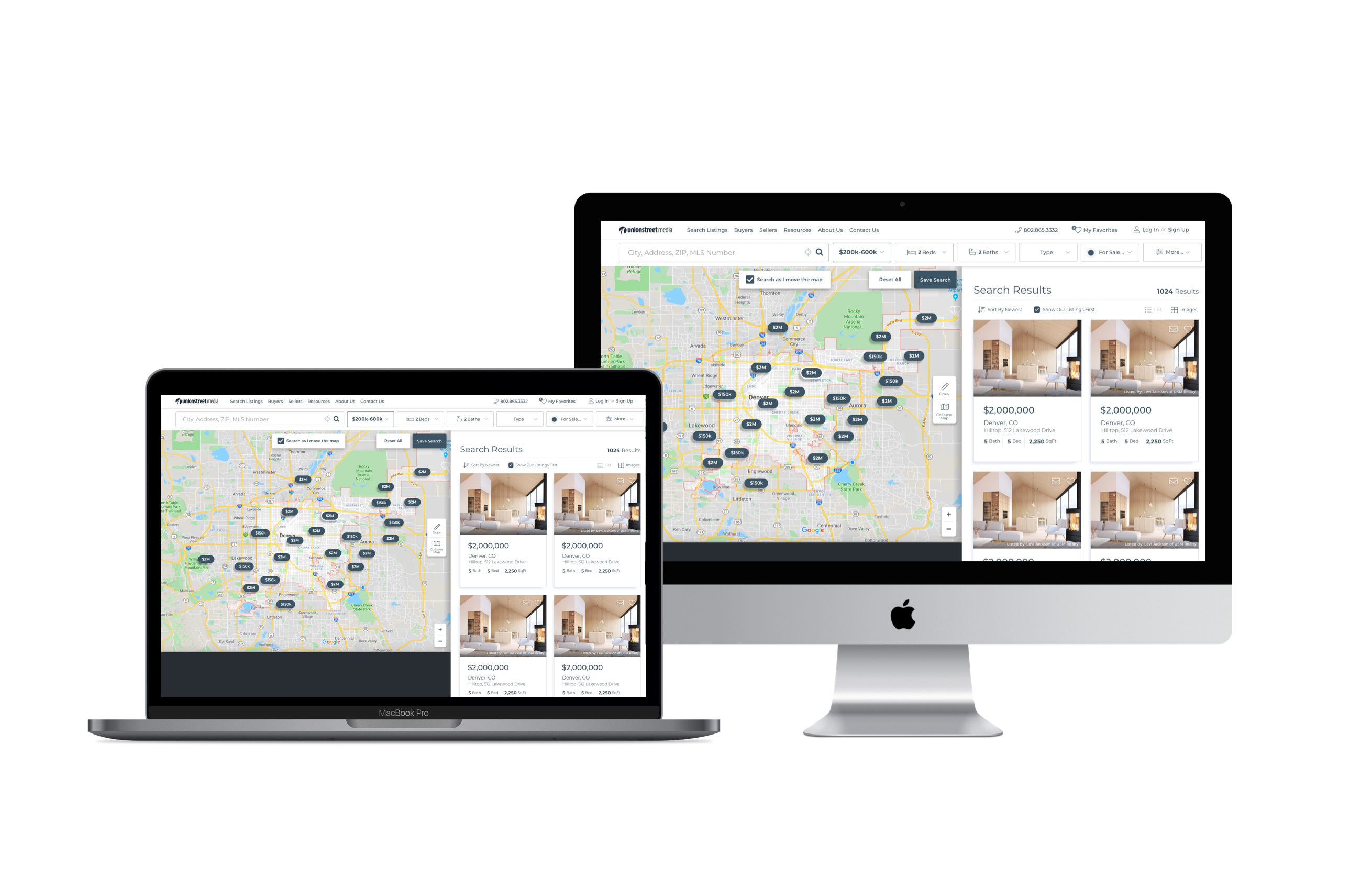If you don’t ask for something in life, you’ll never get it
One of the lessons my entrepreneurial father taught me at an early age is that “If you don’t ask for something in life, you’ll never get it.” Over the years, I’ve invoked The Richard Adler Rule with abandon. Why? Because the worst case scenario when you make a request of someone is that they say no. If you get that response, which I do at times, then simply move on and ask someone else. Another way of looking at making requests is that if you start out with nothing, the worst you’ll do is break even. I’ve always felt this applies to most anyone, but is especially true for those in the non-profit realm looking to raise money off of the web.
Sometimes the things I ask for are significant. Other times they’re trivial. One of my favorite recent invocations of The Richard Adler Rule happened at Blue Sky Basin at Vail during my ski vacation this past winter. If you head up to the top of Blue Sky Basin at lunch hour on a clear day, you’ll find an incredible view of the Rockies, three free gas-powered grills and a bunch of happy BYO-lunch skiers cooking up a storm. After an incredible morning on the mountain, we got up there to find they were sold out of sandwiches in the lodge. So despite a slight roll of the eyes from my girlfriend, who has seen this show before, I starting asking fellow skiers for leftover grill-able items. Thanks to a kind fellow who brought a few extras, one man’s to-be trash became our treasure. We sure did enjoy those two perfectly cooked hot dogs.
However, I’m also a big believer in paying-it-forward. You can’t just take. When folks move to Burlington, I’m happy to spend half an hour with them in my office giving them the lay of the land. At the end of the conversation, I’ll hand them a sticky note with the names of companies they should check out that could be a good fit for their skill set. The list will often include names of people they might want to grab lunch with because that person might be the person, or know the person, that could end up hiring them. The sticky note will always include who to call when their car breaks down (Darren Smith, 802.660.3111). That’s a number I’ve long since memorized, which is a sign that I’ve followed another Richard Adler rule of buying reliable used vehicles (and then driving them into the ground).
If time is money, and I’m the President of a growing business, then some might ask why I’m spending so much of it on things that may not appear to be directly related to it? Lawrence Miller, our former Peer to Peer adviser and the current Commissioner of the Department of Economic Development for the State of Vermont, told me that CEO’s should spend 10% of their time in public-facing roles outside of the office. Having taken his advice to heart, I’m honored to serve on the board of four great organizations: Spectrum Youth & Family Services, GBIC (Greater Burlington Industrial Corp), the Vermont Business Roundtable and Vermont Public Radio.
While I hope that my contribution as a board member helps these organizations serve their mission, I know that my role with them has helped me be a better leader of my company. One of the privileges of being on a board is that you get full access to the inner workings of that particular organization. I’ve learned a lot watching how the management teams and my fellow board members address the challenges facing each organization. Since I’m a firm believer that imitation is the greatest form of flattery, I hope they don’t mind if I’ve borrowed a few of the lessons I’ve picked up and applied them at Union Street Media.
One recent example came this past week at the Vermont Public Radio board meeting. The past couple months have been a challenging time for public radio. A resolution recently passed the US House of Representatives to entirely de-fund the Corporation for Public Broadcasting, which is responsible for a sizable percentage of the Vermont Public Radio budget. During a discussion about our development strategies, one board member said: “If you’re looking for advice, ask for money. If you’re looking for money, ask for advice.” In reflecting on this comment, I thought of Union Street Media’s many education and non-profit clients, and wondered what are their web sites asking of their visitors?
One client that I think is doing a good job of making different requests to the wide range visitors coming to their site? Spectrum. Check it out. On every page of the site, they’re asking “Need Help?” to the at risk teen population they serve. They’re asking for participation in the upcoming Clothes Exchange, of which Spectrum is this year’s beneficiary. There is a link in the navigation asking for visitors to volunteer or submit their resume for employment. Finally, of course, in the upper right hand corner of every page, is a call to action to donate. While they may not get a “yes” to a donation the first time the visitors arrives on the site, that person might chose to volunteer or refer a friend for an open position at Spectrum. Over time a good site should get a non-profit a lot more yeses to all of the questions the site is asking visitors.
Every successful non-profit needs a mix of hard working staff, excellent management, people volunteering their time and generosity in support of their mission. If you’re responsible for a non-profit’s web presence, put on the hat of your various types of visitors and then ask yourself “Is this site asking me the right questions?” If you decide the site is not doing so, or you’re not getting the right responses, then you need to change it. You’re not going to get the outcome you desire if you don’t ask for it and do so properly. And, maybe even before you ask it, I’m happy to answer the question of what web developer can help you solve this problem.











